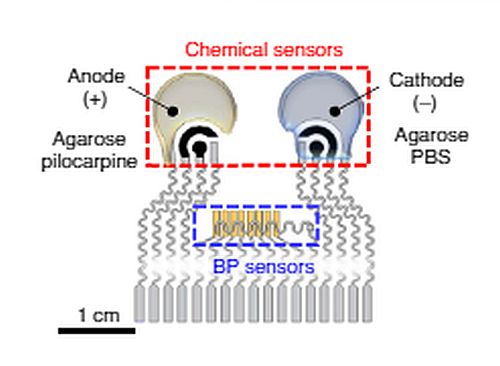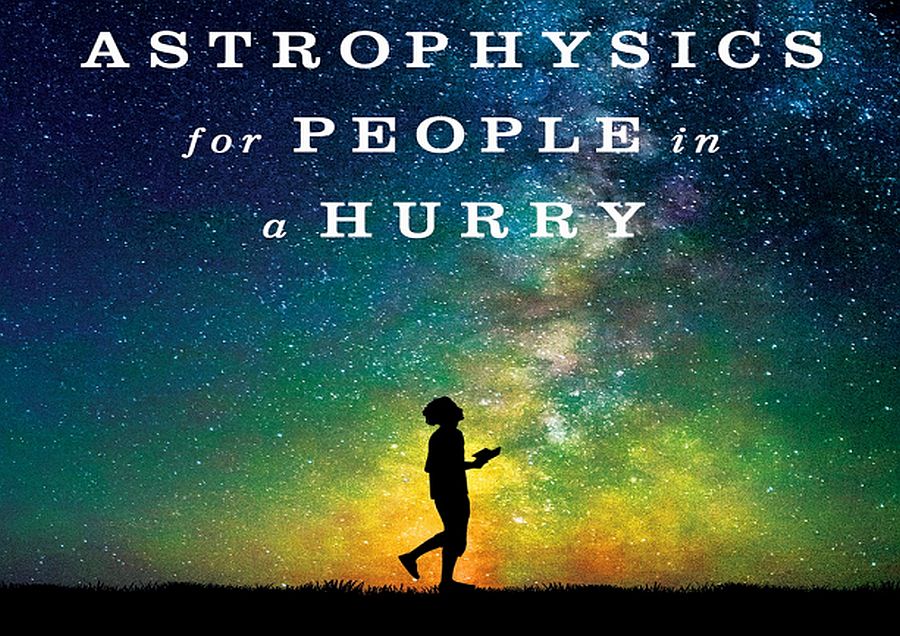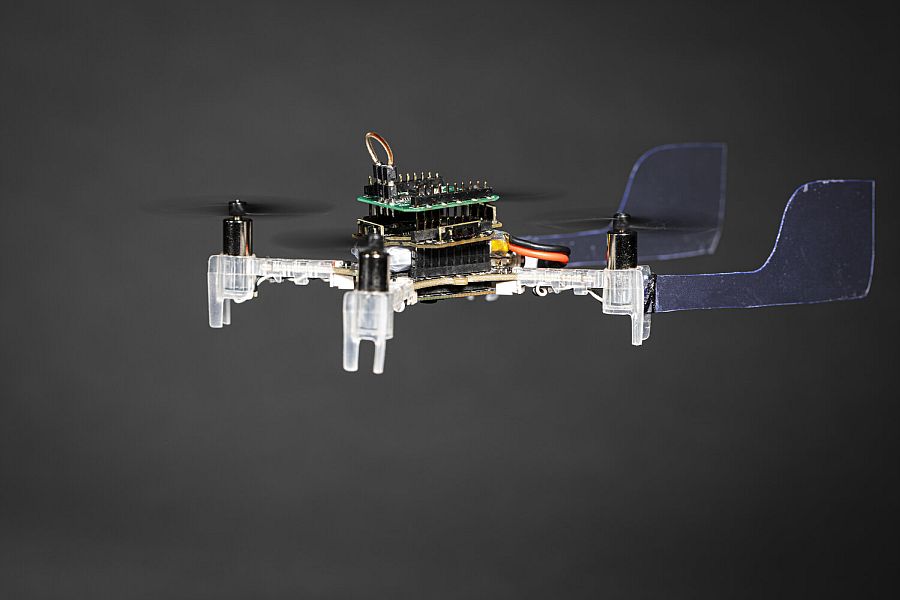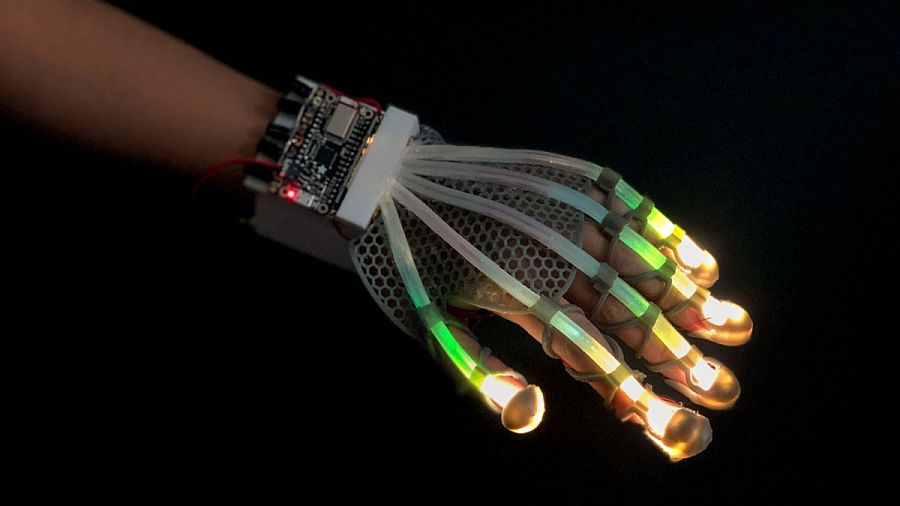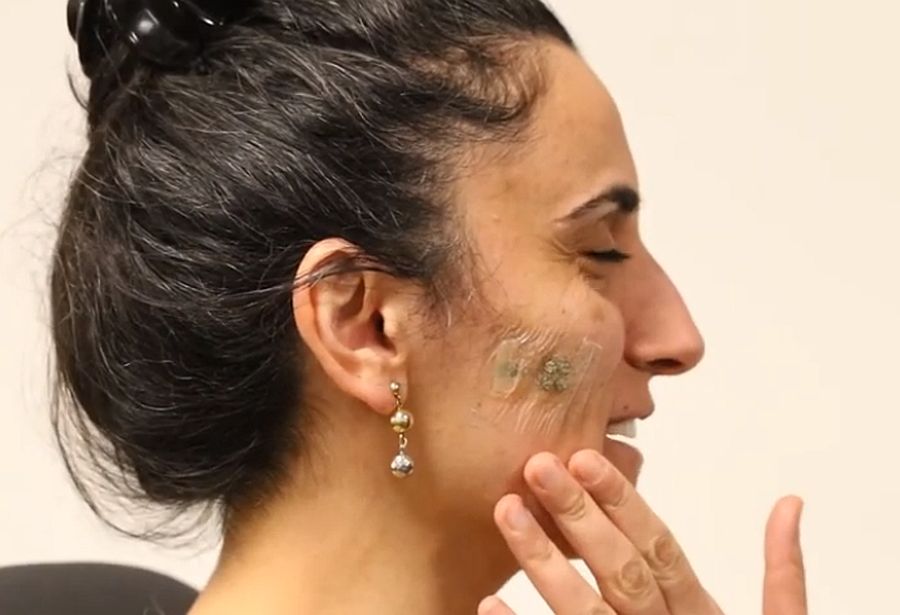Monitoring cardiovascular signals and multiple biochemical levels together on one tiny wearable patch has always been a far-fetched dream in the nanotech world. Scientists across the globe are still trying to figure it out however, researchers at the University of California San Diego have done something extraordinary in soft, stretchy skin patch.
Read MoreAuthor: Pooja Kashyap
Book Review: Until the End of Time by Brian Greene
This is one of the best books on Existentialism. Brian Greene, a professor of physics and mathematics at Columbia University, postulates a reductionist view that after all, we beings of planet Earth are nothing more than a “bag of particles”.
Read MoreBook Review: The Man Who Knew Infinity by Robert Kanigel
As the title suggests, the biography is on the life of the self-taught mathematical prodigy Srinavasa Ramanujan Iyengar, through the lens of Robert Kanigel. Not only the book sheds light on the life and history of Ramanujan but we also get to know the lives of Godfrey Harold Hardy, his mentor in England and his friend John Edensor Littlewood.
Read MoreOrigami Inspired Bags for Rocket Fuel: Cryogenic Hydrogen
Storage and pumping fuel to rocket engines are the main challenges for travel beyond Earth and between celestial bodies. Researchers at Washington State University (WSU) have come up with an interesting idea of paper folding technique to bring about the desired architecture.
Read MoreBook Review: Astrophysics for People in a Hurry by Neil deGrasse Tyson
Although title of the book says Astrophysics for People in a Hurry but believe me the book has more depth than the label interprets. Neil deGrasse Tyson is an epitome of masterly skill at explaining complex scientific concepts into the most elementary and comprehensible manner. He makes astrophysics so interesting that even a person who has no inclination towards the subject will surely gravitate towards the space and evolutionary history after listening to his talks. His enthusiasm is contagious indeed.
Read MoreSmellicopter uses Antennae from Anesthetized Moths: Biomimicry
We as humans have a huge legacy of evolution yet we always fall short in front of nature. Nature has its own rate of progression and it never fails.
Read MoreTidal Disruption causes Dark Matter to Evaporate: Intra Galactic Interactions
Dark matter is one of the key ingredients in the understanding of evolution and in the formation of galaxies. Majority of scientists are of the view that dark matter consists of weakly interacting massive particles (WIMP). It is because of their weak interactions with matter that we see around, it becomes extremely difficult to detect.
Read MoreBorexino detects CNO Fusion Cycle in Sun: Stellar Energy Generation
Until now, astronomers had classified nuclear fusion that is taking place within the core of the Sun is due to Proton Proton Cycle. However, an international scientific collaboration at the INFN Gran Sasso Laboratories, Italy were able to detect neutrinos in the Sun by the CNO cycle.
Read MoreInterview: Paul Sandip, the Designpreneur and Founder at Paul Studio, India
Paul Sandip is one of the famous and influential designers in Indian product design fraternity. It’s been an honour to have him on our blog for some conversation.
Read MoreSentinel-6 in Orbit to Monitor Global Ocean: Earth Observing Satellite
Ocean-Monitoring Satellite Sentinel-6 Michael Freilich launched at 9:17 a.m. PST on Nov. 21, 2020, from Space Launch Complex-4 at Vandenberg Air Force Base (VAFB) in California.
Read MoreNew Fossil Galaxy Within the Milky Way: Galactic Evolution
Data from the Sloan Digital Sky Surveys’ Apache Point Observatory Galactic Evolution Experiment (APOGEE) has hinted at the presence of possible “fossil galaxy” within the core of our Milky Way.
Read MoreTactile Sensation For Soft Robotics: Stretchable Sensor
Sensors that could stretch will pave way towards new intelligent soft systems. Working on the same line of thought Cornell researchers have combined fiber-optic sensor with no so expensive LEDs (light-emitting diode) and dyes. The outcome is a form of a stretchable “skin” that is able to spot topographical distortions like pressure, bending and strain.
Read MoreWearable Sensor For ALS Patients: Facial Kinematics
People who suffer from amyotrophic lateral sclerosis (ALS) have an extremely tough time as they age. Cure for ALS is not known as of now. And it can last for a lifelong.
Read MoreInterview: John A Frye, Principal Designer, Digital Modeling and Visualization Group Leader at Honda R&D Americas
Meet John A. Frye, a heavy-duty industrial designer for alternate realities from California, United States. We are fortunate enough that even in spite of his hectic schedule, John was able to squeeze in some time for this interview.
Read MoreOctopus Inspired Device For Transferring Delicate Implants: Biomimicry
Researchers at University of Illinois at Urbana-Champaign and collaborators have come with up an innovative way to surgical grip the fragile tissue grafts. Generally, during the ultra-thin tissue grafts, the grip leads to the collapse of structural integrity and functionality of soft tissues transplants. It has always been a challenge to preserve them during grafting and transferring process.
Read More
